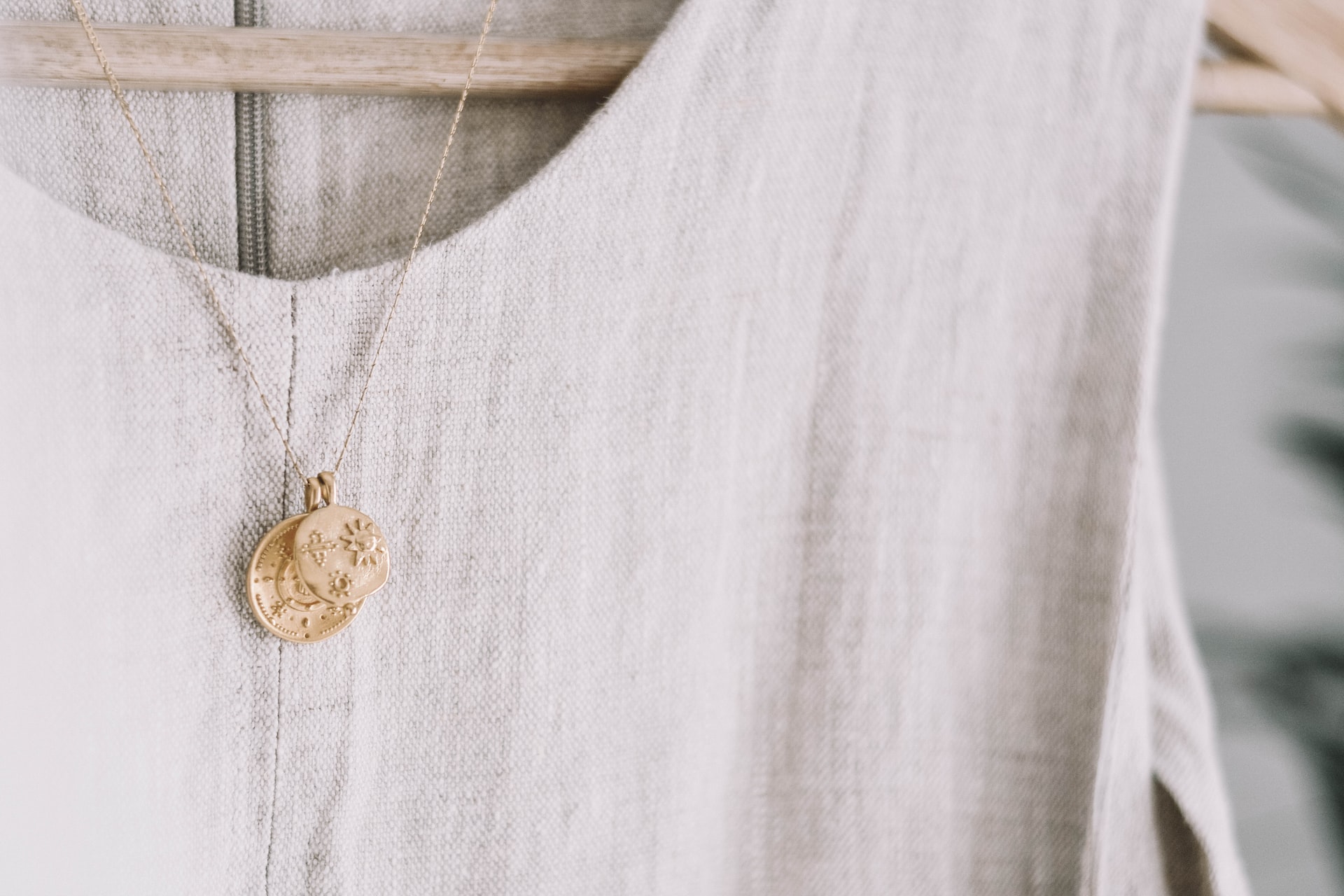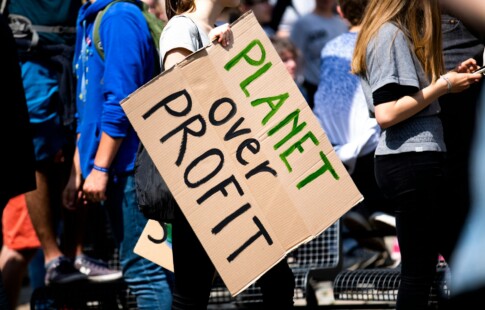
Eco-Friendly Clothing Brands: Affordable Green Fashion
We are reader-supported. When you buy through links on our site, we may earn affiliate commission.
Fast fashion has taken the industry by storm, delivering trendy direct-from-runway looks for the budget-conscious consumer. Typically, these mass-produced clothes made from cheaper materials are wearable for one season before becoming tattered and torn. To counter this, more eco-friendly clothing brands have hit the market.
Understandably, many people are less than enthusiastic about the higher price tag of quality, sustainable pieces — and yet, spending slightly more than you usually would ensures a greater bang for your buck. Shopping for sustainable, ethical clothing is also worthwhile to the environment.
Contrary to belief, consumers don’t have to break the bank for a sustainable wardrobe. There are plenty of eco-friendly clothing brands that are affordable and committed to giving back to the planet.
Fashion Industry’s Environmental Impact
You might not regard the fashion industry as a major player in global warming. Yet, it accounts for 10% of greenhouse gas emissions, more than the combined emissions from maritime shipping and international travel. Of this, about 40% comes from polyester manufacturing — a synthetic material found in almost all clothing.
Clothing production also requires a lot of water. For example, a simple t-shirt uses 2,700 liters of water, enough to last one person almost three years.
Waste is another critical outcome of the fashion industry, as 20% of wastewater derives from harmful chemical treatments and dyes. Meanwhile, landfilling is prevalent in fast fashion, particularly as most consumers toss cheap clothes in the garbage after a few wears. In 2018, textiles accounted for 17 million tons or 5.8% of municipal solid waste in the United States.
It’s important to note the ethical aspect of sustainable fashion, especially since many brands employ people in contaminated and unsafe working conditions at textile factories worldwide.
Research shows that only 2% of fashion workers earn a livable wage. However, ethical commitments pave the way for better sustainable economic growth, environmental protection and worker safety.
4 Eco-Friendly Clothing Brands to Build Your Wardrobe
Fortunately, you can invest in quality, sustainable apparel without going broke. Here are four eco-friendly clothing brands that are affordable, stylish and focused on giving back to the planet.
1. Reformation
Few eco-friendly clothing brands have mastered sustainability as well as Reformation has, having operated on 100% carbon neutrality with Carbon Neutral certification since 2015. According to its website, Reformation also touts the following sustainability practices:
- Prioritizes organic materials and recycles and donates textile scraps 75% and 85% of the time, respectively
- Uses BlueDesign and OEKO-TEX-certified facilities and equipment to ensure all clothing is free of hazardous dyes and substances on their Restricted Substance List (RSL)
- Supports carbon offsetting for the resources they use
- Uses 100% wind power electricity and LED lighting to power their offices and facilities
- Committed to Fairtrade practices and a sustainable supply chain
Consumers can also view the sustainability impact of each article of clothing by clicking on the product page.
2. CHNGE
CHNGE is doing a lot to address the fashion industry’s environmental impact. According to its website, the brand offsets 48.5 pounds of carbon dioxide (CO2) for each product to account for the company’s supply chain emissions and consumers’ first 50 washes.
The brand also saves 500 gallons of water using 100% Global Organic Textile Standards (GOTS)-certified organic cotton and ships its products in 100% recycled biodegradable materials.
CHNGE’s clothing — often featuring positive messages about social and global change — is produced at a Fairtrade-certified factory in India that’s achieved certification from the Indian Green Building Council, Global Recycling Standard and Leadership in Energy and Environmental Design (LEED). Additionally, the factory recycles 98% of the water used to dye products to prevent wastewater.
3. tentree
Tentree plants 10 trees for every purchased product. So far, it’s planted over 60 million trees globally, intending to reach 1 billion trees by 2030. Many of its tree-planting projects occur in mangrove ecosystems, which will help sequester 10 million tons of CO2.
The brand prioritizes sustainability throughout every aspect of its products’ lifecycles, from restricting suppliers and factories to Fairtrade and environmentally-safe codes of conduct to sourcing organic, recyclable materials.
As of 2022, tentree is preparing to launch a new traceability system to track its materials and enhance its recycling and resale programs.
4. Happy Earth Apparel
You know you’re purchasing eco-friendly clothing brands with a name like Happy Earth Apparel. The brand’s approach to sustainability is unique as it puts its customers in command of its campaigns.
With every item purchased, consumers can decide how they want to give back by:
- Planting 15 trees
- Supporting carbon projects to remove 150 pounds of greenhouse gases
- Removing one pound of trash from the ocean
As a B Corporation, Happy Earth upholds its commitment to the environment and Fairtrade practices. In addition to using organic and cruelty-free materials, Happy Earth provides educational resources for consumers with tips for living sustainably and transitioning to zero-waste.
Sustainable Style that Looks Good and Does Good
Even affordable eco-friendly clothing will probably be somewhat pricier than fast fashion. However, you’ll reap the benefits of quality pieces that last longer and support brands that do good for the planet and people.
Share on
Like what you read? Join other Environment.co readers!
Get the latest updates on our planet by subscribing to the Environment.co newsletter!
About the author

Jane Marsh
Starting from an early age, Jane Marsh loved all animals and became a budding environmentalist. Now, Jane works as the Editor-in-Chief of Environment.co where she covers topics related to climate policy, renewable energy, the food industry, and more.





